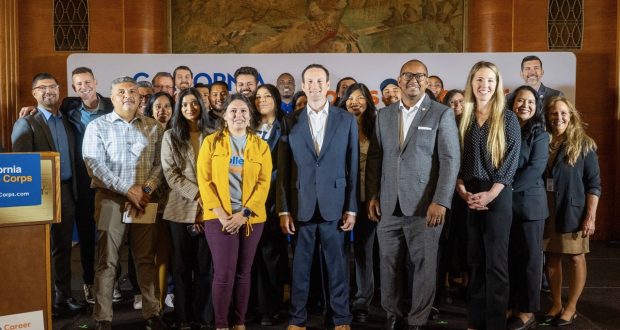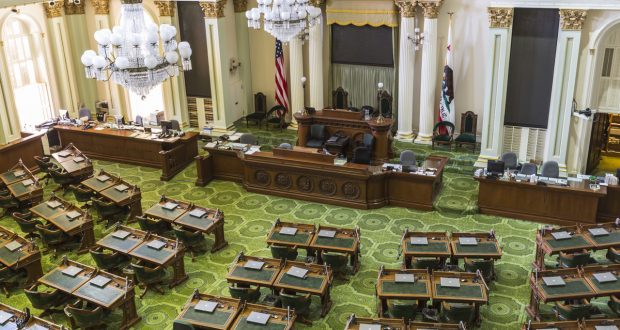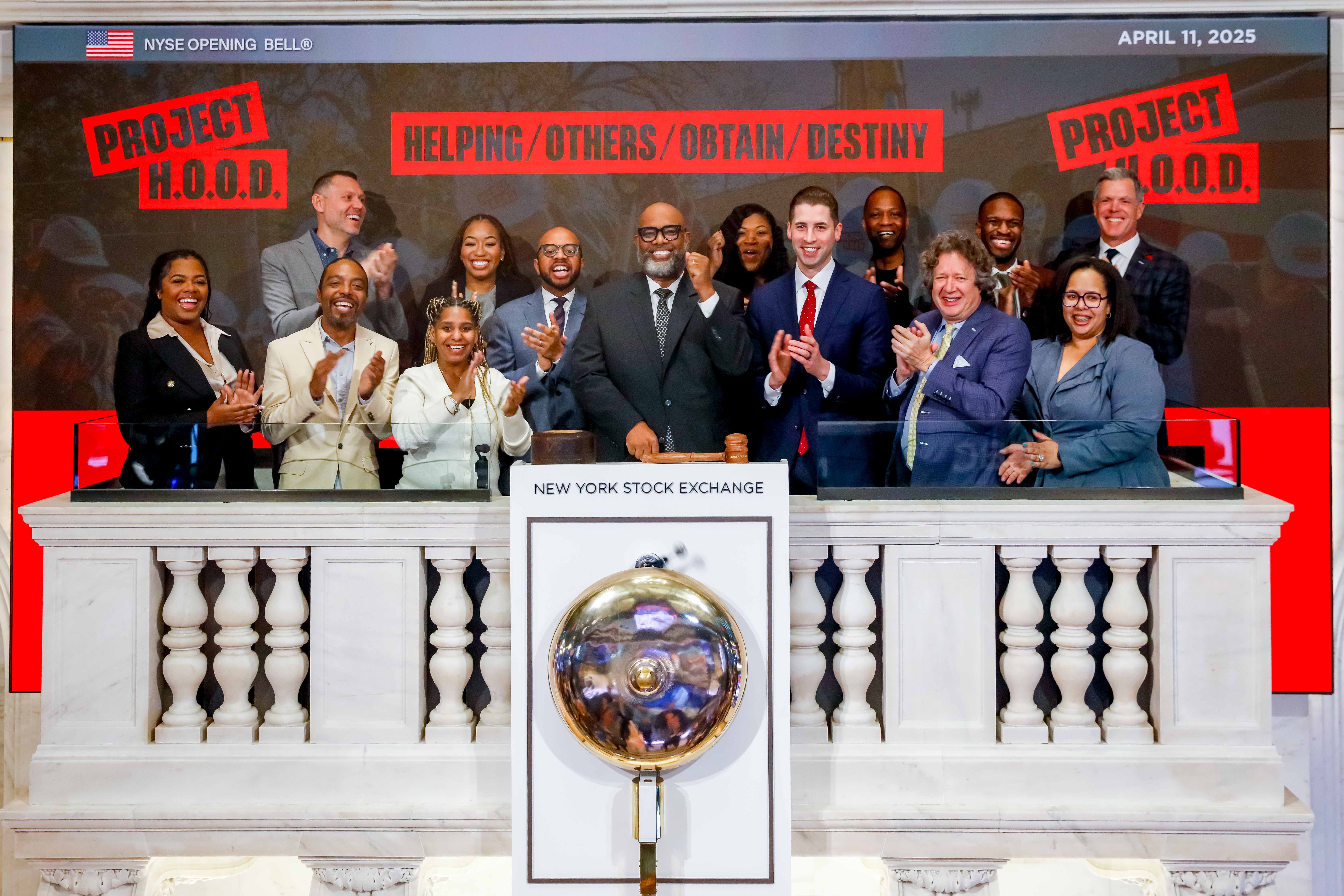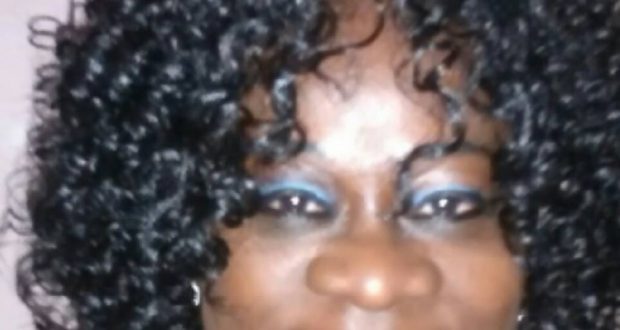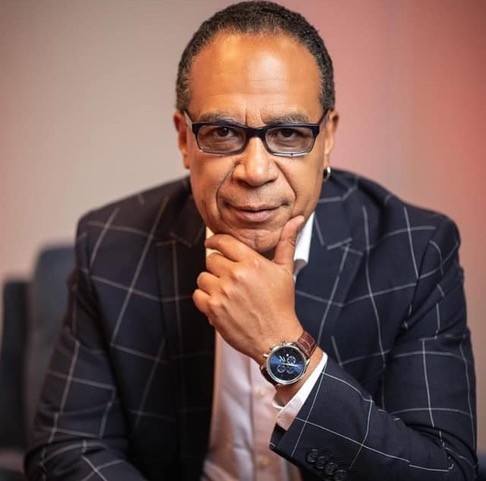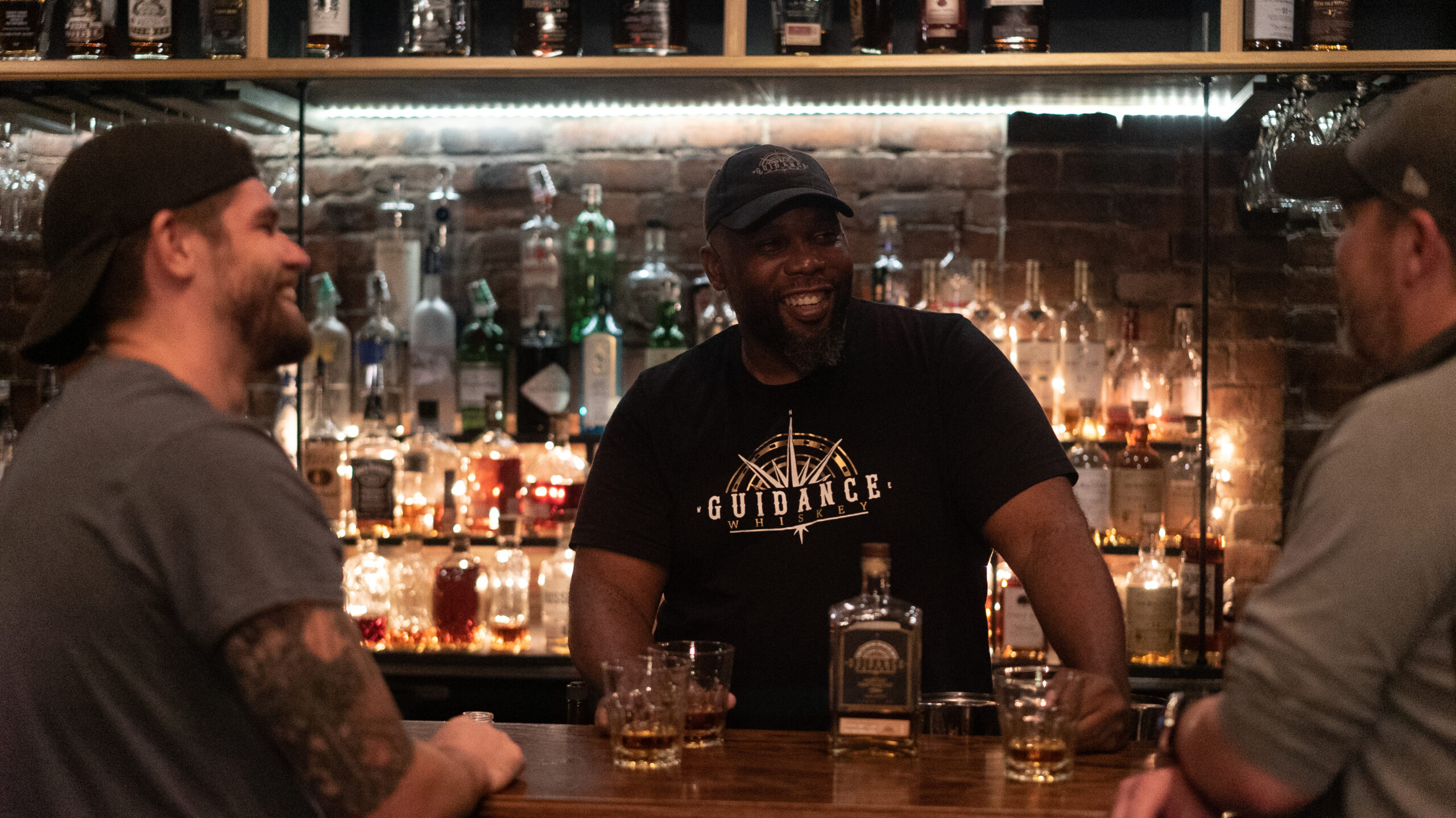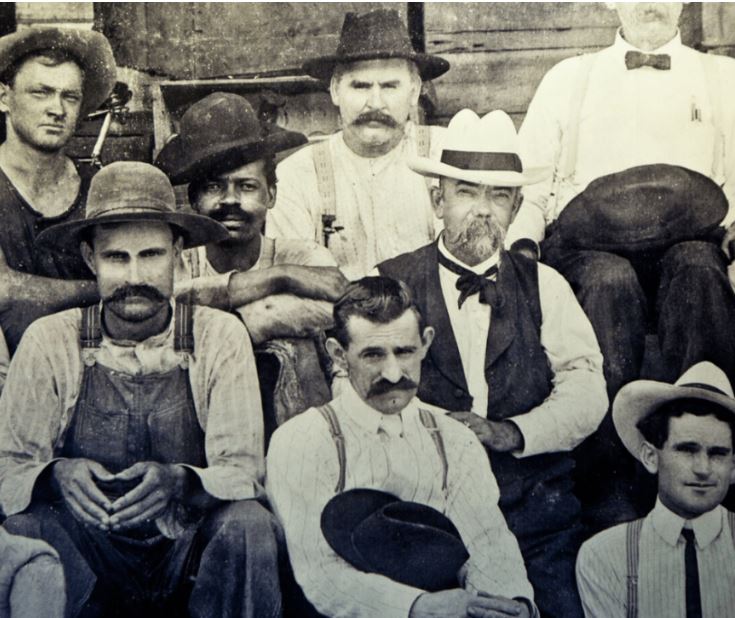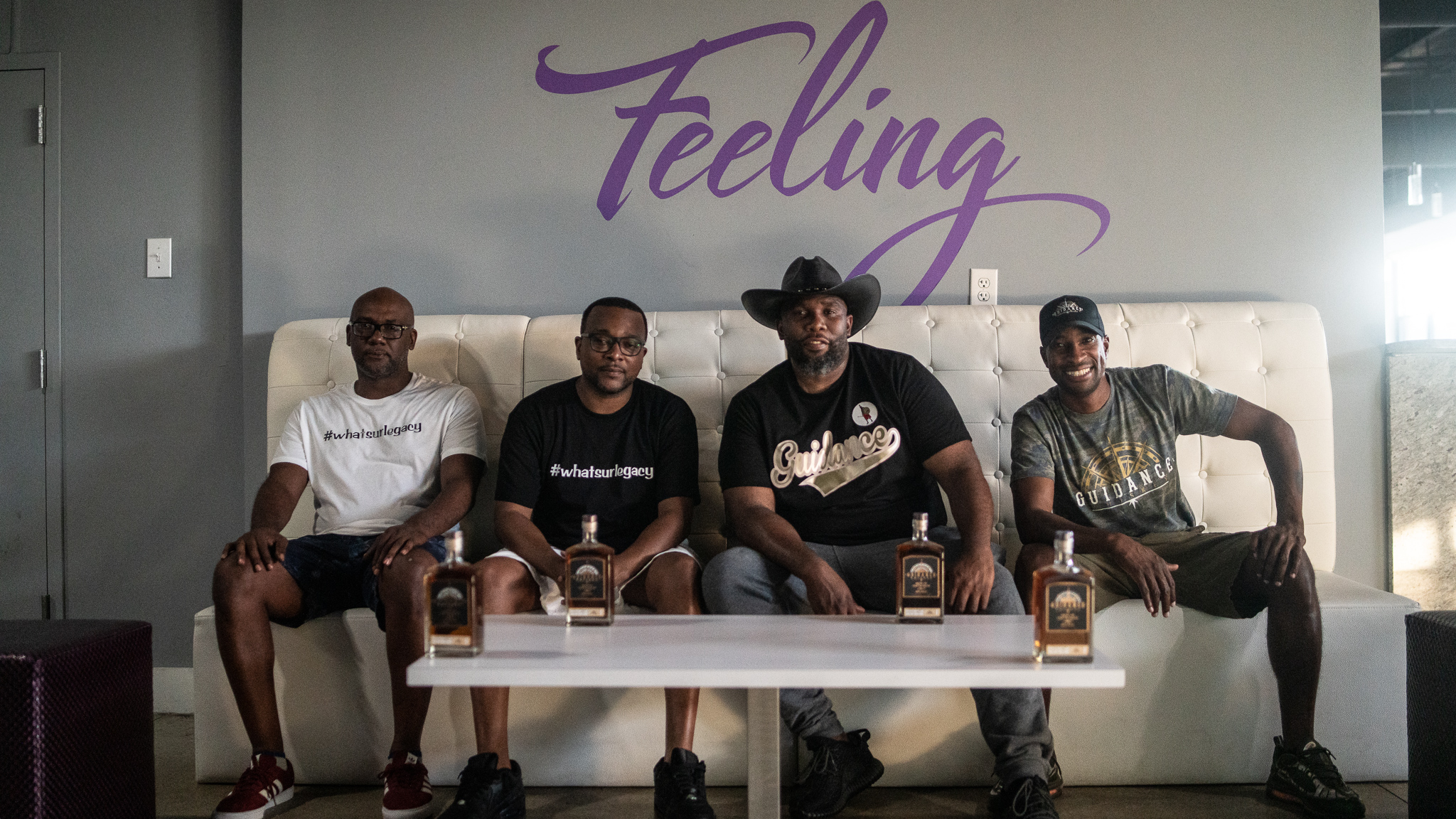Former LAPD Dispatcher Condemns Violence, Urges Justice Reforms in Seeking Peace
POMONA, CA—- Congresswoman Norma J. Torres (CA-35) today responded to news that two Los Angeles County Sheriff’s Deputies were ambushed by a gunman on Saturday while sitting in their squad car in Compton, California. Both deputies, one male and one female, remain in critical condition after undergoing multiple surgeries. The assailant remains at large, and anyone with information about his identity or whereabouts should contact the police immediately to help bring him to justice.
Congresswoman Torres released the following statement:
“I categorically condemn this act of horrific violence. The perpetrator on that chilling video must be prosecuted to the full extent of the law and brought to swift justice.
“As someone who dispatched LAPD officers for nearly 18 years, and who experienced the horrors of a lawless society as a child growing up in Guatemala, this is personal to me. I know how vital the heroes that were attacked last weekend are, because I’ve met the people they protect. Anyone demanding an end to the police, or declaring this violence somehow justified because of other violence, has never heard the calls that I have. Answer the phone when a store clerk is held at gunpoint, or as a child is senselessly murdered on the other end of the line, and then come talk to me about defunding the police. The fact is those calls take place every single day, and two of the people who suit up to protect the public were gunned down on Saturday.
“This attack did not take place in a vacuum though – the moment of reckoning law enforcement is in right now is long-overdue and well-justified. As a woman of color in a country besieged by overt and systemic racism, the anguish fueling tensions on our streets is as real to me as it is to any other minority living in America today. Law enforcement must ensure that nobody is unfairly targeted, persecuted, and yes, murdered, by unchecked police aggression. That has not happened for black Americans and it has not happened for brown Americans.
“The oath to serve one’s community is sacred, and we honor those who live by it when we refuse to tolerate those who break it. These officers did nothing to deserve what happened to them on Saturday, but as they struggle to recover, the eyes of history are now upon us as our region struggles to respond.
“The burden is on law enforcement to earn the public’s trust, but whether or not they are allowed to earn that trust is up to each and every American. In that sense, we all have a role to play in making this a safe and tolerant country. We will sink or swim together, whether we realize it or not. I pray we realize it, act upon it, and become the agents of change our society desperately needs.”
Congresswoman Torres spent nearly 18 years working as a 9-1-1 dispatcher for the Los Angeles Police Department, and has maintained long and productive relationships with law enforcement officials throughout her time in public service. That history has not stopped Torres from being an outspoken critic of police brutality, and used her experiences as a dispatcher to improve police reform legislation following the high-profile murders of George Floyd, Breonna Taylor, and Ahmaud Arbery. Rep. Torres also leads an ongoing effort in Congress to force the Department of Justice to update and make public a 2006 FBI intelligence assessment entitled, “White Supremacist Infiltration of Law Enforcement.”
 Westside Story Newspaper – Online The News of The Empire – Sharing the Quest for Excellence
Westside Story Newspaper – Online The News of The Empire – Sharing the Quest for Excellence

